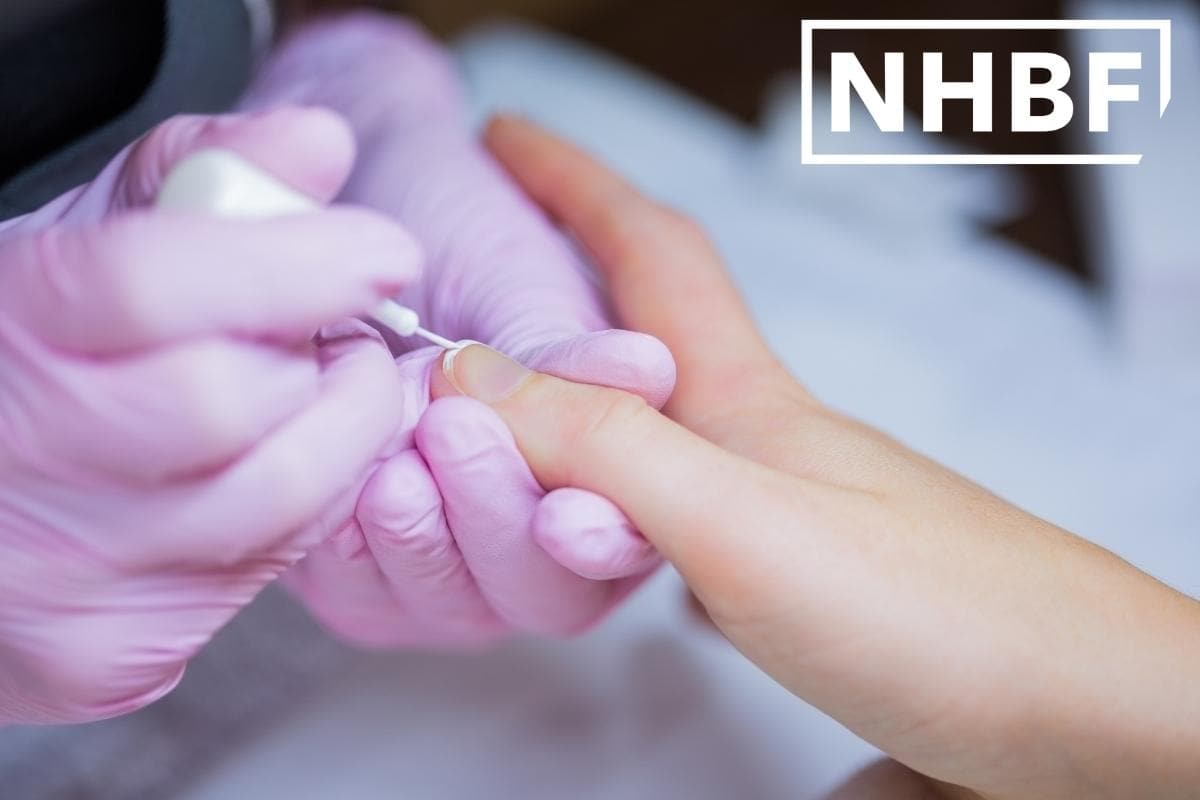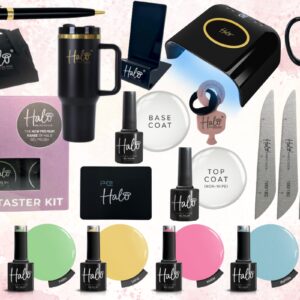
NHBF report highlights beauty industry’s ‘skills crisis’
By Rebecca Hitchon | 02 May 2022 | News

The National Hair and Beauty Federation (NHBF) has released a report analysing the current challenges that the hair and beauty sector is experiencing regarding skills and recruitment.
Conducted by the Pragmatix Advisory, Careers at the cutting edge: Tackling the skills shortage in the hair and beauty sector used an interview programme with business owners and training providers, as well as an industry-wide survey, to find a variety of interlinking factors which have, for some time, been causing what it calls ‘a skills crisis for the hair and beauty industry’.
These interlinking factors include qualifications and training, recruitment and retention, and financial pressures.
Qualifications & training
With the number of self-employed workers growing within the hair and beauty sector, meaning there are less employers available to take apprentices, as well as lower funding for apprentices, the amount of apprenticeship starts has fallen – to just 7,000 in England last year; less than half that of five years ago.
University is also much more recommended as a career route compared to apprenticeships, as school students are more than four times likely to receive a large amount of guidance on university rather than apprenticeships.
If these trends continue, the report estimates that there will be fewer than 3,400 hair and beauty apprenticeships starting in the UK by 2025.
In terms of further education, there is concern among employers that qualifications are not preparing graduates to work in a salon environment, with those surveyed saying that more hands-on time, more up-to-date tutor knowledge and less outdated modules are required.
The report also states that ‘job ready’ professional qualifications along the lines of ‘chartered’ status should be championed, and there should be greater scrutiny of fast-track and online courses and qualifications, which have increased during the pandemic, helping to maintain high standards of training and safe delivery of services.

Recruitment & retention
As workers reassess their work-life balance after the pandemic and the cost of living increases, many experienced professionals are leaving the beauty industry in search of higher paid, more flexible and secure sectors, also known as ‘The Great Resignation’. Coupled with the increase in self-employed workers, this has meant that over half of all UK hair and beauty businesses have unfilled vacancies.
Following this, vacancies at beauty and nail salons are taking on average between eight to 12 weeks to fill.
Covid-19 was also found to have negatively impacted finding qualified staff, with 69% of those surveyed saying recruitment has been ‘severely hindered’.
The report states that a wage increase is needed to keep workers in the industry, as jobs in the hair and beauty sector accounted for the fifth and sixth lowest paid occupations last year. However, the financial pressures faced by the industry are stopping this from happening, along with the fact that there is an increase in informal/unregistered businesses, which typically have lower overheads so can set lower prices and which businesses are struggling to compete with.

Financial pressures
Financial challenges are why many employers in the beauty industry do not see apprenticeships as a viable option, especially with apprentices only beginning to generate income for nail and beauty salons after an average of 15 months and 25 to 50% of apprentices quitting their training programmes, according to survey respondents.
However, 65% of the UK hair and beauty businesses surveyed would be willing to consider taking on 19+ year-old apprentices if the government introduced incentive funding.
A £3,000 incentive would cost the government £9million per year per 1,000 apprenticeships. Funding the minimum wage gap for 19 to 20-year-olds would cost £2.1million per year per 1,000 apprentices, for 21 to 22-year-olds £3.8 million, and for 23+ year-olds £4.3 million.
In terms of other financial pressures, the report reveals that businesses are also sceptical about the cost of training new employees due to lost income from lockdowns and customers not returning post-Covid. Higher fixed costs for employers, due to inflation, rising energy costs, business rates, VAT, National Insurance and pension contributions are similarly affecting beauty businesses.
Read the full report here.

Read the latest issue









